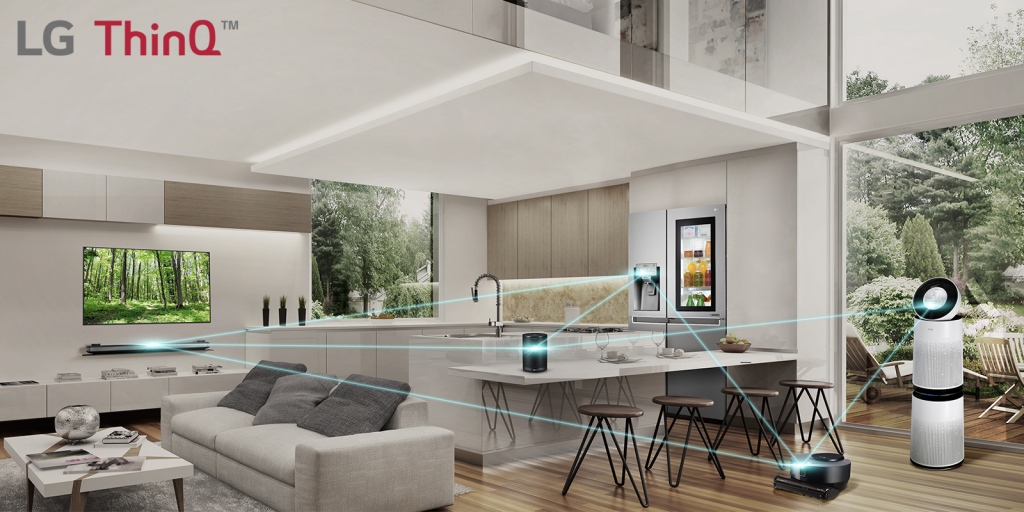
Having become an essential part of our daily lives, does AI make devices smarter than humans?
Artificial Intelligence (AI) has transformed the world and is now an essential part of our daily lives, especially after the remarkable and unprecedented development it has undergone in the last few years. The number of major and emerging AI companies has grown nearly 14-fold since the year 2000, and investment in this field has grown six-fold, while the number of jobs requiring AI skills has increased about 4.5-fold. Today, AI is an influential factor not just in the world of technology, but also in most vital service or manufacturing sectors, such as education, healthcare, and even food delivery.
AI research began in the early fifties when Alan Turing, one of the first computer pioneers, decided to design an experimental device called the Turing Test. The boom of AI began in 2013 due to the great development in connected devices and the improvements in data processing power, which in turn led to AI-driven innovations in different sectors.
With the emergence of machine learning, computers have become smart to a large extent. In 2013, AI had roughly the same intelligence level as a four-year-old child, but the following year a major shift occurred when a supercomputer solved the Erdos discrepancy problem, a difficult and complex mathematical problem unsolved since its creation in 1930. Renowned futurist Ray Kurzweil predicted that AI will reach the same level as human intelligence by 2029 and that humans and machines would be merged into one entity.
Today, AI is a comprehensive term for applications that perform complex tasks that previously required human intervention. LG Electronics was one of the first companies to benefit from AI by creating a special strategy based on development, communication and openness. Through these three pillars, the company managed to bridge the gap between home appliances and modern technology thanks to continuous innovation supplemented by business strategy, efficient manufacturing, openness and strong partnerships.
As one of its top priorities, LG worked on harnessing AI and IoT to drive future growth and create a better life and better societies, which is something it has strived to achieve from its inception. Its motivation in designing home appliances transcends the idea of making life easier and more convenient; it strives to provide a distinctive and improved lifestyle that can help users with different technological skills to accomplish more in their lives with simple, easy-to-use products.
Since launching the ThinQ smart platform in 2011, LG has integrated this technology into its home appliances, thereby achieving a unified vision to reach AI-based eco-systems by combining AI-driven products and services, in addition to devices supported by Wi-Fi and IoT capabilities.
The smart ThinQ technology by LG provides the highest levels of comfort and ease of use, as its smartphone application comes with the smart home control center to give the user complete control. Users can control and program the washing machine or program the air conditioner so it can start working five minutes before they arrive home. The ThinQ application enables the user to operate devices as needed through several features such as Smart Pairing and Smart Care+.
The application is the first mobile application designed to manage home appliances efficiently as it offers a voice-recognition feature; allowing users to control their devices through dialogue and voice command. Driven by AI technologies, the ThinQ application offers support services tailored to the needs of each customer and provides proactive services that alert users about potential issues before they occur, which facilitates maintenance visits if needed.
The global market for smart home appliances is expected to reach 1.39 billion units by 2023 to meet the increasing consumer demand for interactive tools in a connected lifestyle. With this growing demand for smart home appliances, LG confirms that meeting the aspirations of consumers is a fundamental priority that drives it to further develop its portfolio of smart home appliances.



























